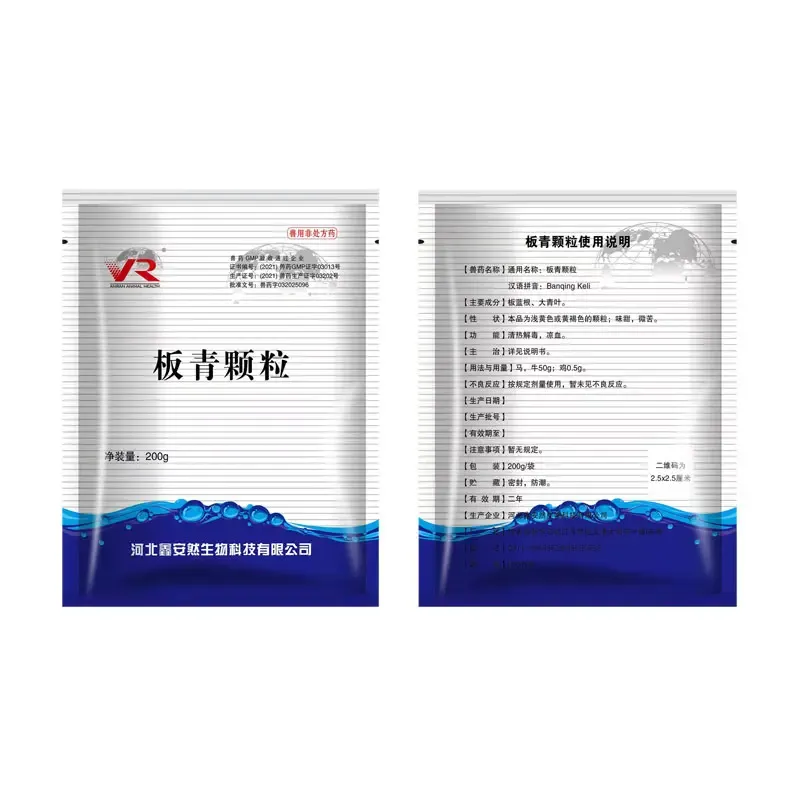- Afrikaans
- Albanian
- Amharic
- Arabic
- Armenian
- Azerbaijani
- Basque
- Belarusian
- Bengali
- Bosnian
- Bulgarian
- Catalan
- Cebuano
- Corsican
- Croatian
- Czech
- Danish
- Dutch
- English
- Esperanto
- Estonian
- Finnish
- French
- Frisian
- Galician
- Georgian
- German
- Greek
- Gujarati
- Haitian Creole
- hausa
- hawaiian
- Hebrew
- Hindi
- Miao
- Hungarian
- Icelandic
- igbo
- Indonesian
- irish
- Italian
- Japanese
- Javanese
- Kannada
- kazakh
- Khmer
- Rwandese
- Korean
- Kurdish
- Kyrgyz
- Lao
- Latin
- Latvian
- Lithuanian
- Luxembourgish
- Macedonian
- Malgashi
- Malay
- Malayalam
- Maltese
- Maori
- Marathi
- Mongolian
- Myanmar
- Nepali
- Norwegian
- Norwegian
- Occitan
- Pashto
- Persian
- Polish
- Portuguese
- Punjabi
- Romanian
- Russian
- Samoan
- Scottish Gaelic
- Serbian
- Sesotho
- Shona
- Sindhi
- Sinhala
- Slovak
- Slovenian
- Somali
- Spanish
- Sundanese
- Swahili
- Swedish
- Tagalog
- Tajik
- Tamil
- Tatar
- Telugu
- Thai
- Turkish
- Turkmen
- Ukrainian
- Urdu
- Uighur
- Uzbek
- Vietnamese
- Welsh
- Bantu
- Yiddish
- Yoruba
- Zulu
វិច្ឆិកា . 23, 2024 21:33 Back to list
lincomycin soluble powder
Lincomycin Soluble Powder A Comprehensive Overview
Lincomycin is an antibiotic that has been widely utilized in both human and veterinary medicine since its discovery in the late 1960s. Derived from the bacterium *Micromonospora purpurea*, lincomycin functions by inhibiting bacterial protein synthesis, making it effective against a range of Gram-positive bacteria and some anaerobic bacteria. One of the formulations of lincomycin is lincomycin soluble powder, which offers specific advantages for therapeutic applications.
Composition and Formulation
Lincomycin soluble powder is composed of the hydrochloride salt of lincomycin, allowing it to dissolve easily in water. This solubility is crucial for its application in various treatment regimes, particularly in veterinary settings. The powder is light, not overly hygroscopic, and is typically packaged in airtight containers to preserve its effectiveness.
Mechanism of Action
The primary mechanism of action of lincomycin involves its binding to the 50S subunit of the bacterial ribosome. By hindering the formation of peptide bonds during protein synthesis, lincomycin disrupts bacterial growth and replication. It exhibits bacteriostatic properties, which means it stops bacteria from multiplying rather than directly killing them. This characteristic can be particularly useful for treating infections where slowing down bacterial growth is sufficient for the immune system to manage the infection effectively.
Therapeutic Uses
In both human and veterinary medicine, lincomycin is utilized to treat various bacterial infections. In humans, it is prescribed for conditions such as skin and soft tissue infections, respiratory tract infections, and some types of osteomyelitis. Its effectiveness against strains of *Staphylococcus aureus*, including methicillin-resistant strains (MRSA), makes it a critical option in cases where patients may have allergies to penicillin or when other antibiotics prove ineffective.
In veterinary practices, lincomycin soluble powder is often used in livestock for the treatment of respiratory diseases, skin infections, and other bacterial conditions. Its application is common in pigs, chickens, and other animals, where it helps mitigate health issues that could affect growth and productivity. Furthermore, lincomycin's use in veterinary medicine has raised some concerns regarding antibiotic resistance, making its responsible use essential.
lincomycin soluble powder

Dosage and Administration
Lincomycin soluble powder can be administered either orally or parenterally, depending on the specific needs of the patient and the nature of the infection being treated. For oral administration, the powder is typically mixed with water or feed to ensure proper dosage. The veterinary prescriptions often include specific dosage guidelines based on the weight of the animal, age, and severity of the infection.
For humans, lincomycin may be given intravenously or intramuscularly, especially in hospital settings where more immediate therapeutic action is desired. Adequate hydration and monitoring are essential during administration to prevent potential adverse effects, particularly when given parenterally.
Side Effects and Precautions
Like all antibiotics, lincomycin can have side effects. Commonly reported effects include gastrointestinal disturbances such as diarrhea, nausea, and abdominal pain. More serious but rare side effects can involve allergic reactions or pseudomembranous colitis, a severe inflammation of the colon often caused by an overgrowth of *Clostridium difficile* following antibiotic usage.
Patients with a history of allergy to lincomycin or similar antibiotics (such as clindamycin) should avoid its use. Additionally, careful consideration should be given to those with liver or kidney impairment, as these conditions may necessitate dosage adjustments.
Conclusion
Lincomycin soluble powder is a vital therapeutic agent that plays a significant role in managing bacterial infections in both humans and animals. Its effectiveness, ease of administration, and specific target spectrum for resistant strains make it a valuable tool in the antibiotic arsenal. However, it is essential to use it judiciously to minimize the potential for resistance development and ensure successful treatment outcomes. Whether in a clinical setting or on the farm, lincomycin remains an important consideration in antibiotic therapy, underscoring the ongoing need for responsible usage practices among healthcare providers and veterinarians alike.
-
Guide to Oxytetracycline Injection
NewsMar.27,2025
-
Guide to Colistin Sulphate
NewsMar.27,2025
-
Gentamicin Sulfate: Uses, Price, And Key Information
NewsMar.27,2025
-
Enrofloxacin Injection: Uses, Price, And Supplier Information
NewsMar.27,2025
-
Dexamethasone Sodium Phosphate Injection: Uses, Price, And Key Information
NewsMar.27,2025
-
Albendazole Tablet: Uses, Dosage, Cost, And Key Information
NewsMar.27,2025













